Funk music, a vibrant and dynamic genre born from the cultural tapestry of African American communities, has left an indelible mark on global music history. Rooted in the mid-1960s, funk emerged as a powerful expression of Black empowerment, blending soul, jazz, and rhythm and blues into a unique sound that resonated deeply with audiences worldwide. At its core, funk music was not just a musical style but a movement, reflecting the struggles, triumphs, and aspirations of those who lived through it.
Key Takeaways
– James Brown is celebrated as the “Godfather of Funk,” revolutionizing the genre with his dynamic performances and iconic hits.
– Rick James added a gritty edge to funk through his work with The Temptations and solo projects.
– George Clinton, founder of Parliament-Funk Alliance, pushed funk boundaries with tracks like “Atomic Dog.”
– Betty Davis emerged as the “Queen of Funk,” blending soul and rock with her bold style and iconic collaborations.
– The funk movement was shaped by diverse figures like Richard Allen, Curtis Mayfield, and The Soul Searchers, highlighting its rich legacy and influence.

The Founding Fathers of Funk Music
Funk music emerged in the mid-1960s as a blend of rhythm and blues, jazz, and soul, characterized by its syncopated basslines, strong beats, and bold vocals. Several musicians laid the groundwork for this genre, shaping its evolution and influence.
- James Brown – Often referred to as the “Godfather of Funk,” Brown’s dynamic stage presence, deep vocal range, and relentless energy were pivotal in defining the genre. His hits like “Say It Loud, I Say It Loud” and “I Got You (I Feel Good)” remain timeless.
- Sly and the Family Stone – Formed in the late 1960s, Sly Stone’s innovative approach to funk incorporated psychedelic elements, blending soul, rock, and funk. Tracks like “Higher” and “Dance to the Music” showcased his visionary sound.
- Curtis Mayfield – Known for his work with The Impressions, Mayfield’s socially conscious lyrics and soulful delivery influenced funk and beyond. His song “We Got to Have Peace” reflected the era’s turmoil and hope.
- George Clinton – As leader of Parliament and Funk Inc., Clinton’s boundary-pushing style and humorous, satirical lyrics redefined funk. Albums like Up the Downbeat pushed the boundaries of the genre.
- Maceo Parker – A legendary saxophonist, Parker’s work with James Brown and others brought a distinctive, gritty tone to funk. His solo efforts, like Soul Samba , showcased his versatility.
- The Counts – Known for their 1970 hit “Funky Drummer,” The Counts were instrumental in popularizing the genre. Their track remains a staple in funk anthologies.
- The Soul Searchers – With their 1970 single ” Blow Your Whistle,” The Soul Searchers contributed significantly to the funk movement, blending raw energy with catchy melodies.
- The JB’s featuring Jackie Wilson – Fronted by the dynamic Jackie Wilson, The JB’s brought high-energy performances to funk, exemplified by tracks like “(I Can See Herman’s Hermits) Mr. Johnson Is Here.”
- The Beginning of the End – Their 1971 hit “Funky Drummer” became a cornerstone of funk, showcasing a tight rhythm section and memorable basslines.
These artists not only defined the sound of funk but also influenced countless musicians across various genres, making their contributions irreplaceable in the evolution of music.
What is the Most Famous Funk?
Funk is a music genre characterized by its rhythmic groove and syncopated bass lines. While there are many iconic funk songs, determining the “most famous” can be subjective. However, certain tracks have achieved widespread recognition and influence within the genre.
The Golden Age of Funk
The 1970s marked the peak of funk music, with artists like James Brown, George Clinton, and Curtis Mayfield leading the charge. Their contributions laid the foundation for modern funk and influenced countless artists.
- James Brown – “Get Up (I Feel Like a Sex Machine)”
- George Clinton – “Atomic Dog”
- Curtis Mayfield – “We Got to Have Peace”
- MFDO – “Can You Feel It?”
Legendary Funk Artists
Several artists have become synonymous with funk due to their groundbreaking work. Their influence extends beyond music into popular culture.
- Prince – “Let’s Go Crazy”
- Bruno Mars – “Grocery Bag”
- Mark Ronson featuring Amy Winehouse – “Valerie”
- Red Hot Chili Peppers – “Californication”
Modern Funk Influences
While traditional funk may not dominate the charts today, its influence remains strong in contemporary music. Many modern artists draw inspiration from the genre’s roots.
- Kendrick Lamar – “Bitch, Please”
- Ludovico Roy – “Hard Times”
- Damso – “Gorilla”
- N.E.R.D. – “Lemonade”
These songs showcase the evolution of funk, blending its roots with modern creativity. Whether you prefer classic tracks or contemporary reinterpretations, funk continues to captivate audiences worldwide.
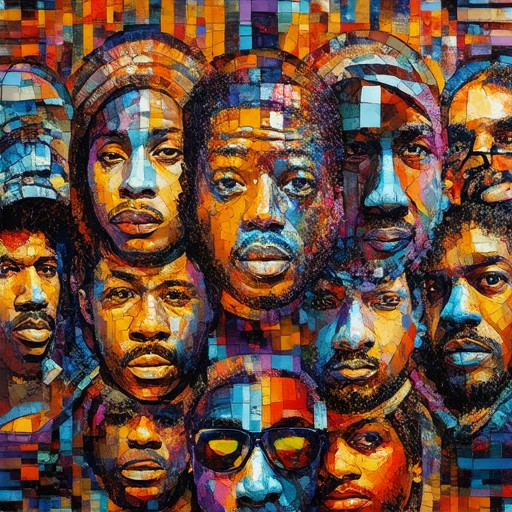
Artists Influenced by Funk
Funk emerged in the 1970s, blending elements of soul, jazz, and rhythm and blues. Its infectious grooves and hypnotic basslines have left an indelible mark on music, shaping the sound of countless genres and artists.
- James Brown : Often referred to as the Godfather of Funk, Brown’s raw energy and dynamic vocals set the stage for the genre. His hits like “Sex Machine” remain timeless.
- Sly Stone : Known for his innovative use of space and funk-driven arrangements, Stone’s work laid the groundwork for modern hip-hop production techniques.
- Curtis Mayfield : While primarily known for his soulful vocals, Mayfield incorporated funk elements into his music, particularly through his socially conscious messages.
- The Meters : A New Orleans-based band, The Meters are celebrated for their deep, thumping basslines that defined the funk sound.
- Public Enemy : sampling funk tracks became a staple in their production, with tracks like “Rebel Music” showcasing the genre’s influence on hip-hop.
- Common : Many of Common’s early songs feature funk-inspired beats, drawing from the raw authenticity of the genre.
- Q-Tip : As part of A Tribe Called Quest, Q-Tip’s production often drew from funk’s rhythmic complexity.
- OutKast : Their early albums showcased a heavy funk influence, particularly in tracks like “Eve of the Cali Winters.”
- Kendrick Lamar : Lamar has frequently cited funk as a major influence, with tracks like “Bitch School” nodding to the genre’s raw energy.
- Janelle Monáe : Her music often incorporates funk elements, blending them with modern pop for a retro yet fresh sound.
Funk’s legacy continues to shape modern music, with its rhythmic foundations influencing everything from hip-hop to contemporary R&B. Artists across generations have drawn inspiration from the genre’s unapologetic groove and cultural significance.
For further exploration of funk’s impact and the artists influenced by it, visit Tiger Funk to discover more about the genre’s history and its lasting influence.
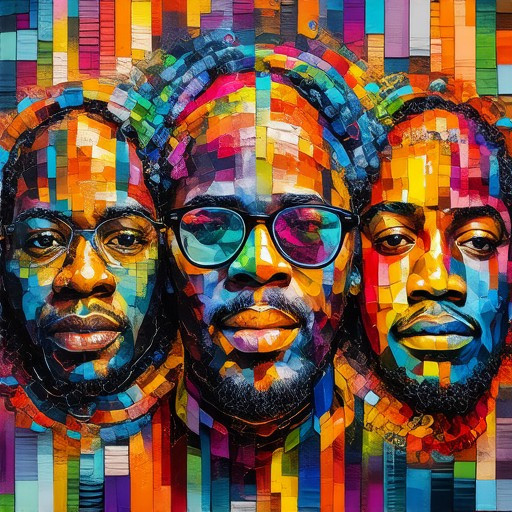
The King of Funk
James Brown, often referred to as the “Godfather of Funk,” is widely regarded as the king of funk music. His contributions to the genre were immense, blending soul, rhythm, and blues to create a unique sound that influenced countless artists.
- James Brown – Known for his dynamic stage presence, Brown’s high-energy performances and distinctive vocals set him apart. His hits like “I Feel Good” and “Sex Machine” are iconic in funk history.
- Rick James – While primarily known for his work with The Temptations, Rick James contributed significantly to funk with his solo efforts and collaborations, bringing a gritty edge to the genre.
- George Clinton – As the leader of Parliament-Funk Alliance, Clinton popularized funk through tracks like “Atomic Dog” and “Up the Downstroke,” influencing many artists in the process.
These artists have left an indelible mark on funk, shaping its evolution and legacy in music history.
The Godfather of Funk Music
The term “godfather of funk” is often used to refer to several influential figures in the genre, as funk emerged from various cultural and musical influences. Below are some of the most prominent contributors:
- James Brown
- Known as the “King of Funk,” James Brown was a major figure in popularizing funk music in the 1960s and 1970s. His high-energy performances and distinctive vocals helped define the genre.
- Richard Allen
- Often referred to as the “Harlem Godfather of Funk,” Richard Allen was instrumental in the New York funk scene. His work with bands like The Counts and his solo career contributed significantly to the genre’s growth.
- Curtis Mayfield
- As a singer, songwriter, and producer, Curtis Mayfield was a key figure in the Chicago funk scene. His work with The Impressions and his production efforts helped establish funk as a mainstream genre.
- The Soul Searchers
- A prominent band from the late 1960s, The Soul Searchers are best known for their hit “Blow Your Whistle,” which is considered a classic funk track.
- George Clinton
- Known as the “Father of Funk,” George Clinton was a founding member of both Parliament and Funkadelic. His innovative approach to funk music and his leadership in these groups have solidified his place in funk history.
While these individuals are often cited as key figures, funk music itself has roots in African American culture and earlier forms of music, making it a genre with many contributing fathers rather than a single individual.
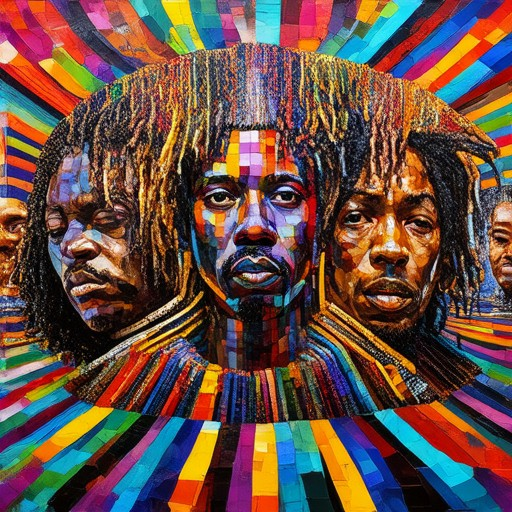
Who Is the Queen of Funk Music?
Betty Davis is often regarded as the queen of funk music due to her significant contributions and influence in the genre. Known for her distinctive voice and bold persona, Davis emerged in the late 1960s and became a pioneer in blending funk with soul and rock.
Her breakthrough came with her collaboration with The Rolling Stones on their hit “Monkey Man” in 1964. Later, she formed her own band, Betty Davis, which released several albums that showcased her unique style and talent. Over her career, she produced approximately five hit songs that remain iconic in the funk genre.
Davis’s impact extended beyond music; her fashion sense and confident demeanor made her a cultural icon. While other artists like the Pointer Sisters also contributed to funk, Betty Davis’s innovation and presence solidified her status as a leading figure in the genre.
Tiger Funk celebrates her legacy, offering comprehensive resources on her work and the broader funk movement. Explore her discography and the evolution of funk through our detailed articles and artist profiles.

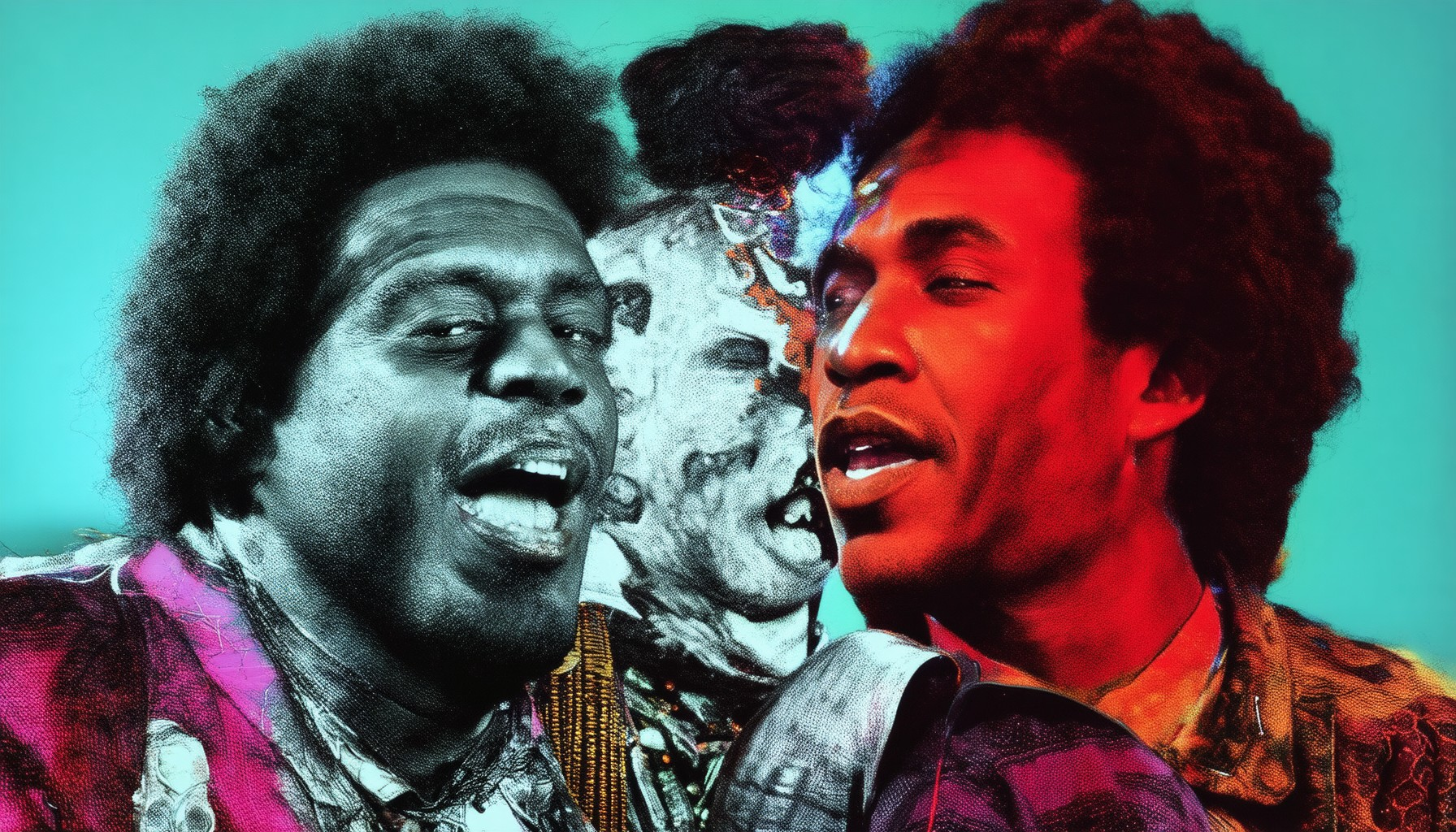
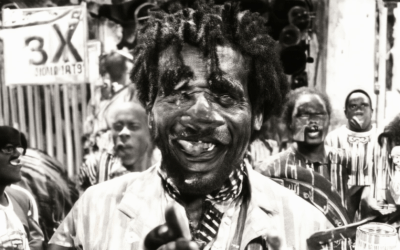

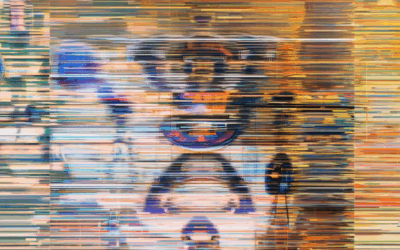
0 Comments